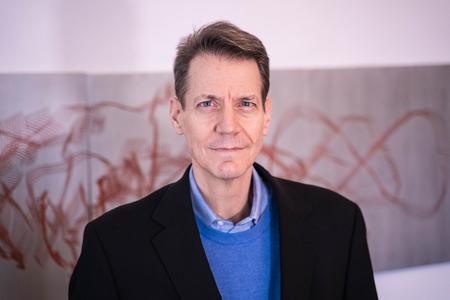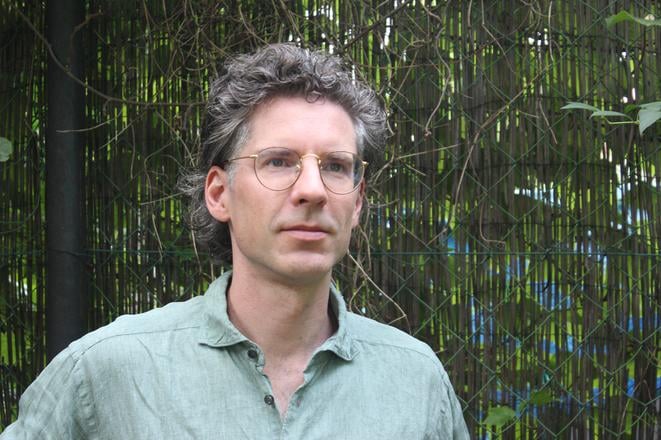What comes to mind first when someone says “science fiction”? Is it spaceships? Or maybe lasers and aliens? For a long time, people have tended to belittle or disregard the literary value of the genre. But that is slowly beginning to change, even in academia.
"Characters in these novels are written very flat. But that is not the point," says Austrian scholar of comparative literature Johannes Kaminski, who is based at the Institute of World Literature at the Slovak Academy of Sciences (SAV).
"Take Solaris by Stanisław Lem. It’s a great example of how we can think about a planetary entity that is too complex to comprehend; the way that the characters are frustrated by not understanding how the planet works is very similar to how we are actually trying to figure out our own planet," he says.
In Kaminski's opinion, it is silly to say sci-fi is ‘visionary’; rather, it discusses complex issues that realist novels – those we take as the basis of how literature should be written – cannot do because they have to engage, first and foremost, with characters and literary style.
On the other hand, science fiction can depict the world as it is.
"Speculative fiction has more freedom to engage with a world that is in trouble," says the scholar.
The Slovak Spectator talked to Johannes Kaminski about his work, how issues and ideas tackled by sci-fi are relevant to us right now, and what brought him to work for the SAV.

To stay up to date with what scientists in Slovakia or Slovak scientists around the world are doing, subscribe to the Slovak Science newsletter, which will be sent to readers free of charge four times a year.
The future of humanity
What first attracted Kaminski to the SAV’s Institute of World Literature was its roots.
Originally based on a socialist ideal, it was dedicated to the study of world literature because it wanted to document how individual nations' literatures gradually aim towards a socialist goal, the liberation of the working class.



 Literary comparatist Johannes Kaminski. (source: Archive of J. K.)
Literary comparatist Johannes Kaminski. (source: Archive of J. K.)